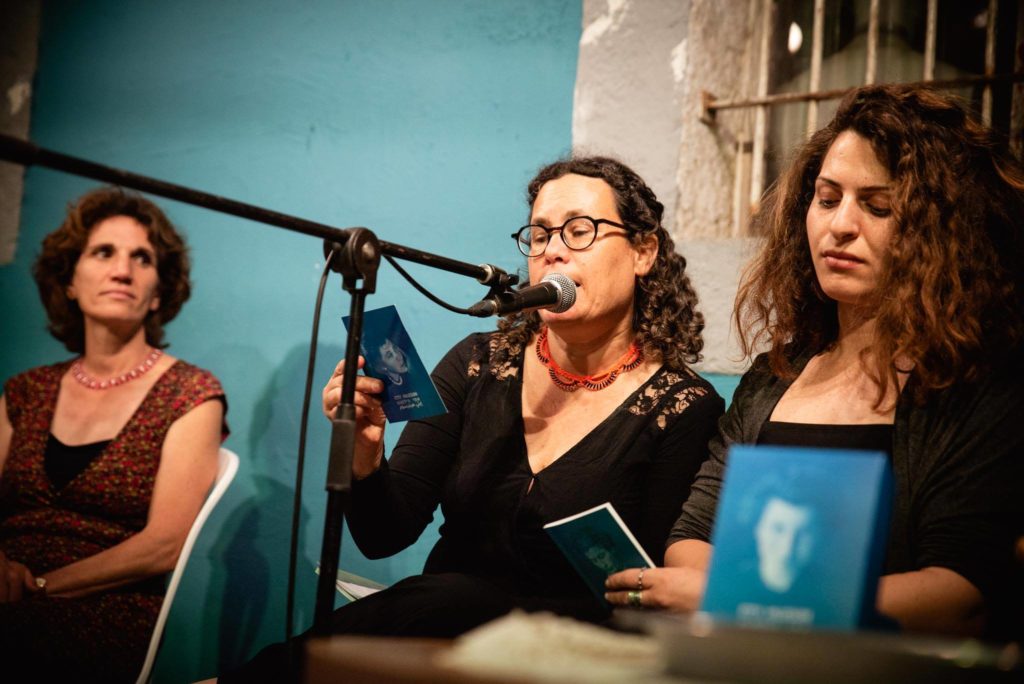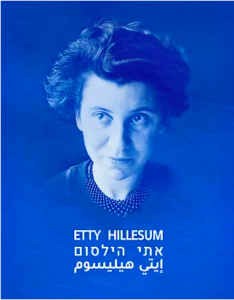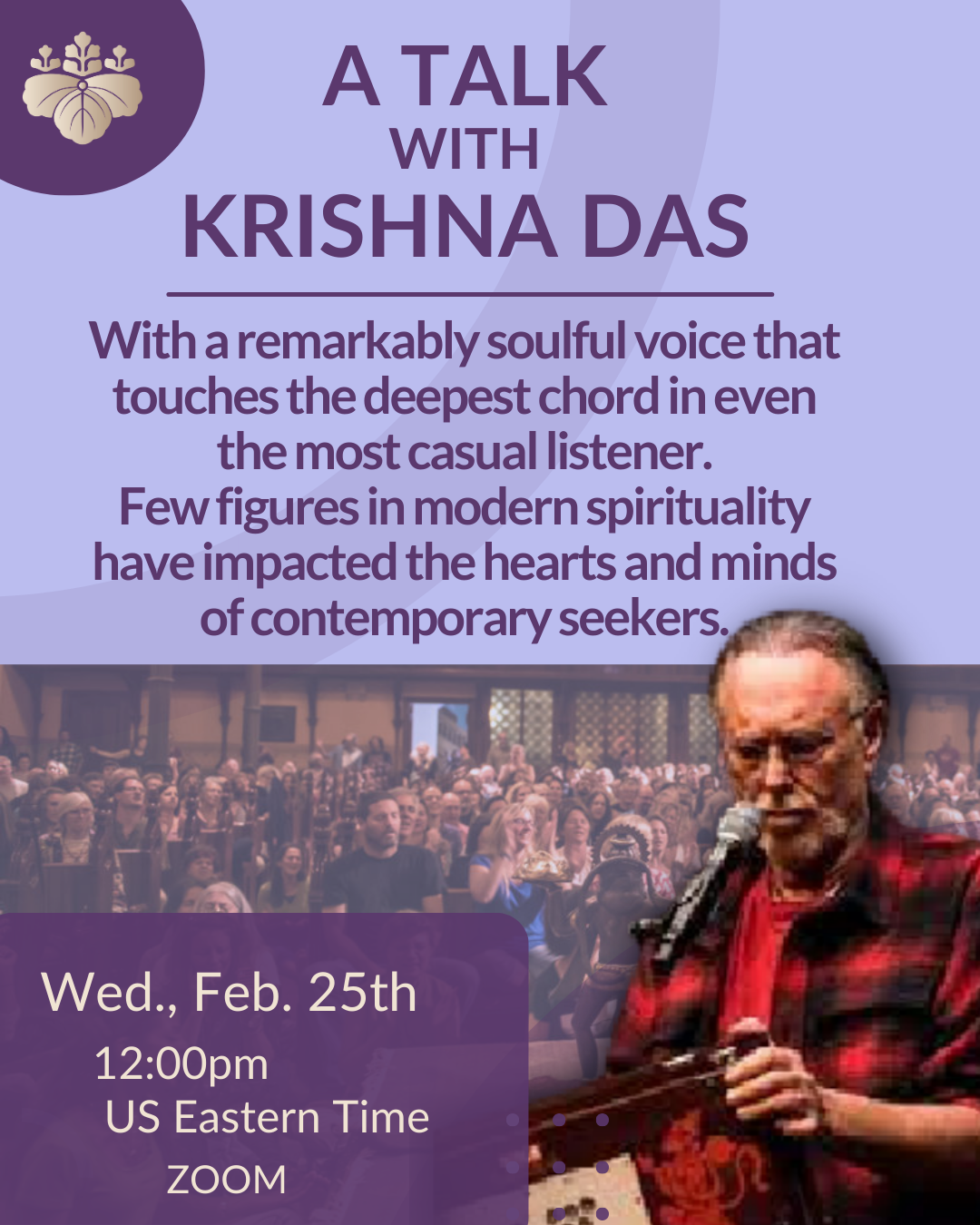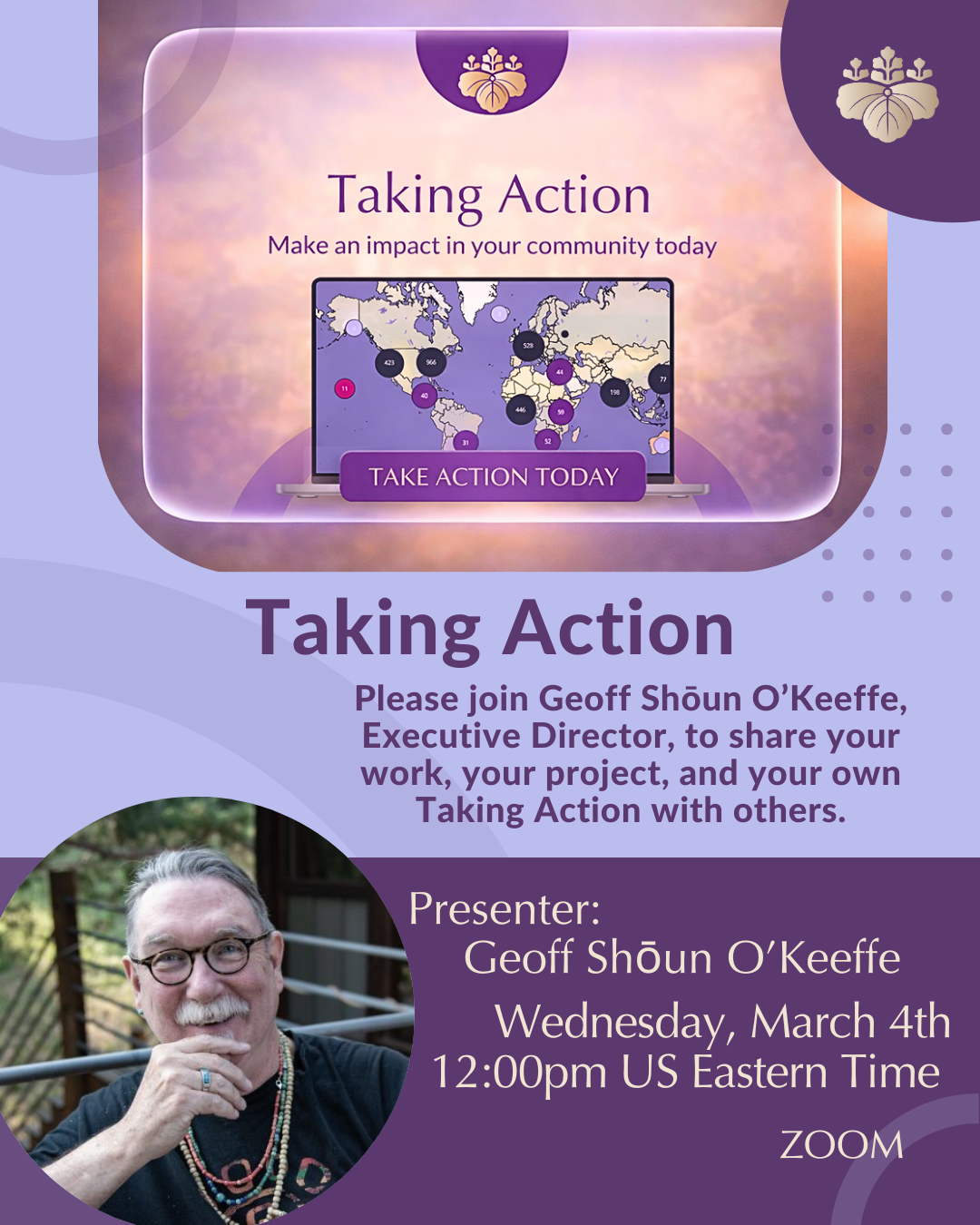ISRAEL-PALESTINE. Dina Awwad-Srour, a Palestinian, and Emma Sham-ba Ayalon, an Israeli, are friends who bonded over their appreciation of Etty Hillesum, a Dutch Jewish author of confessional diaries, killed during the Jewish holocaust. After Dina attended the Zen Peacemakers Auschwitz-Birkenau Bearing Witness Retreat in 2011, she and Emma partnered to create a series of cards carrying wisdom quotations, selected from Etty’s writings.
Below, read an email interview conducted by Rami Efal, executive director of ZPI, with Dina and Emma. In it, they tell about their friendship and their work to produce the series. Their words have been lightly edited for clarity.
Rami: Dina, What was your experience in the Retreat in Auschwitz-Birkenau?
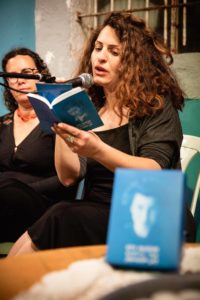
Dina: Usually as Palestinians, the only thing we relate to the Holocaust is the fact that because of it, we have the Israeli occupation. So we do not learn about what actually happened there because we are very hurt that we do not want to hear about it. So for me to be there along with other Germans, Swiss, Jewish Israelis, Jewish Americans, and more, and to bear witness and understand how this trauma was so deep, even in those who were the “perpetrators” at that time (I mean the Germans), was a good learning for me. I heard stories from daughters or granddaughters of Nazi soldiers who shared about how much their fathers and grandfathers did not want to talk about anything before 1945. Or how their fathers or grandfathers were violent or had PTSD.
I remember very well there were two situations in the camps that I felt were very hard for me – one was where we entered the place where they shaved the hair of the prisoners. I had shivers when I listened to what was happening. It made the horror more real. As a woman who appreciates and loves her hair, to imagine something like this happens to me was to feel that I lose myself; I lose who I am. So I could feel the suffering of having your hair shaved.
The other situation was the death wall – we had a prayer there and we lit some candles. I was then very connected to the soul of Etty Hillesum and I was meditating and thinking about her, and then I heard a voice saying, “I did not die so you can hate each other.”
Now that I share it I have tears in my eyes because I felt it was something powerful for me to hear. For me, it felt that Etty chose not to escape and to share the destiny of her own people because she believed that the war is over and a better future will come. She stayed believing it in her heart despite the war. And I felt the pain of seeing that this “better future” that she believed in, it is not happening now; in fact, a difficult reality in which people hate each other.
This sentence is still with me until today and I think about it a lot.
Rami: How did the retreat affect your life?
Dina: It helped me understand and see the Jew or the Jewish Israeli differently. It helped me understand how this trauma is misused to manipulate young people to go to the army. I began to have more compassion to the other and even for the soldiers. Even when I did not like what they did to me or to the Palestinian people, I could stay with my compassion and with my understanding that people who hurt others are hurt themselves. It allowed me to see the victim structure that I have in me as a Palestinian, and I can choose not to be the victim in the context of the Israeli/Palestinian conflict and to choose my reactions in every situation, even when I am in a position that seems I do not have any power.
Rami: How did you meet and how has your friendship grown?
Emma: I got to know Dina when she met her partner Hanna Srour in 2010. Hanna was part of a group of Israelis and Palestinians who had the vision to create a peace research village in the Middle East, and I was also part of this group. Hanna was very excited to meet Dina, and he brought her to the group. Dina and I connected very fast.
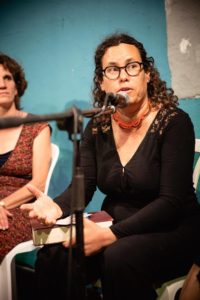
For Dina, the connection with Hanna was a powerful romantic connection, and she wrote beautifully about her experiences and shared her writings with me. I loved her writings and her honest discoveries about love, Eros and spirituality.
Once I gave Dina a card from a homemade set that I made with quotes by Etty Hillesum. Dina loved the quotes and wanted to read more. Since then our friendship grew. For some years we meet regularly with a group of Israelis and Palestinians for study times, sharing circles and olive harvests. When Dina and Hanna married they asked me and a Palestinian friend to hold the ritual for them. I gave them as a gift a box I made with cards with quotes by Etty Hillesum.
Rami: In the Zen Peacemakers, we have the three principles which are the basis to our work and life, called the Three Tenets: Not Knowing, Bearing Witness and Loving Action. How do you relate these to your relationship and life?
Emma: We both got inspired by Etty Hillesum and those Three Tenets describe very well her way of thinking. We can give some quotes that we used in the cards that can show how she wrote about those spiritual principles in her diaries:
“Life may be brimming over with experiences, but somewhere, deep inside, all of us carry a vast and fruitful loneliness wherever we go. And sometimes the most important thing in a whole day is the rest we take between two deep breaths, or the turning inward in prayer for five short minutes.”
“So let this be the aim of meditation: to turn one’s innermost being into a vast empty plain, with none of that treacherous undergrowth to impede the view. So that something of “God” can enter you, and something of “Love” too. Not the kind of love-de-luxe that you revel in deliciously for half an hour, taking pride in how sublime you can feel, but the love you can apply to small, everyday things.”
“I must listen, listen everywhere, listen to the very essence of things. And love, and take my leave and by so doing die, but be reborn, everything is so painful and yet so full of life.”
Dina: I think what is special in our relationship is the ability to see the other with her points of strength and weakness and have the compassion to it, and also be transparent to talk about everything and give feedback to each other. And I think this is something special between us that has grown through the process of working together.
Rami: How did you find that you share the same inspiration in Etty Hillesum?
Emma: I discovered Etty Hillesum some years before Dina and started a study group with Germans and Jews on the topic of healing the Holocaust. Etty Hillesum was a core inspiration for that group. We understood that Germans and Jews need each other for the process of healing and that the writings of Etty can serve as healing medicine.
From this study group, we started holding an alternative ceremony on the Holocaust memorial day. From the beginning the ceremony was open for all nations, but after a few years I realized deeper how the trauma of the Holocaust plays a role in the Isreali/Palestinian conflict, and I started to hold those ceremonies with Dina [a Palestinian,] so that it can be brought into the consciousness of more people, because the dynamic of post-trauma is stronger when it is unconscious.
Dina: We are both peace activists involved in social change. And for both of us reading Etty Hillesum was a great inspiration to learn how to be a peace worker in such difficult times. We both carry the vision of creating a peace research community in Israel/Palestine in which Palestinians, Israelis, and Internationals can live together. And Etty helps us carry this vision in our hearts even when it seems difficult nowadays, or even impossible.
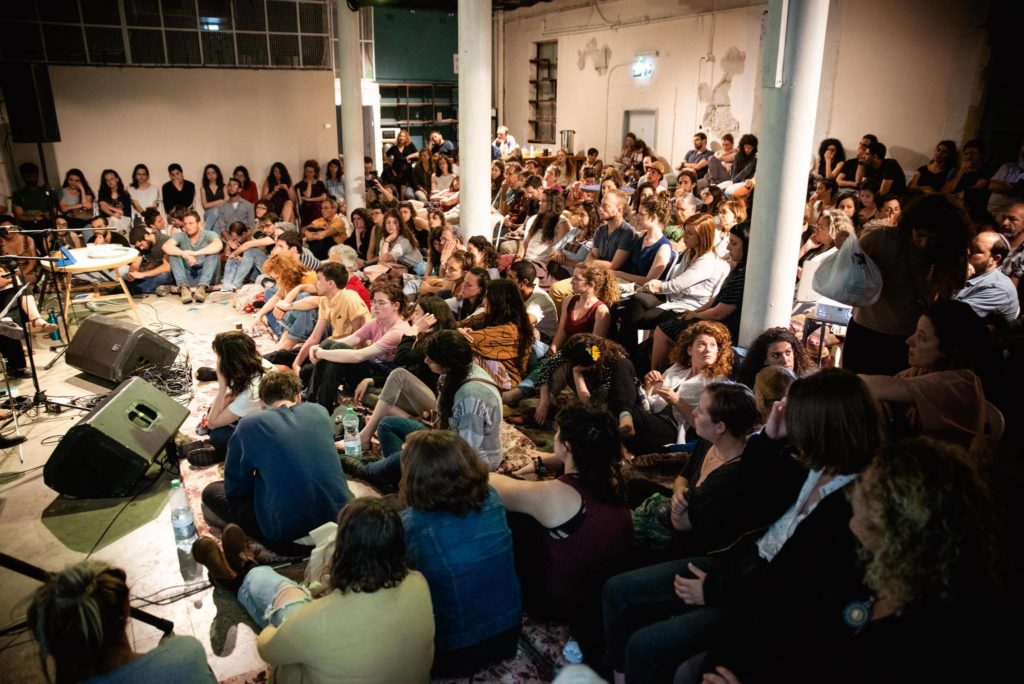
Rami: What do you think is Etty’s greatest legacy to us, today, as we face discrimination and large-scale suffering among nations?
Dina: One is to constantly decide to see the human being in the other, even when they do the cruelest things. Two is to keep listening and have our hearts open to the pain of the world, and not to turn a closed eye to it. And three, to keep living in our hearts the future we wish to see in the world.
Rami: What challenges has your friendship faced as Palestinian and Jewish women?
Emma: Somehow our friendship transcends our national identities. We have so much in common. Nevertheless, it is symbolic when an Israeli and a Palestinian woman can develop such a deep friendship. One thing that I have witnessed while working together is the question of how we share responsibilities and tasks. I have a tendency to take a lot of responsibility and Dina taught me how I can trust her more, and how to become more equal in our process of holding and developing this project.
Dina: We, of course, have our own challenges as two human beings with our structures and patterns, but they go beyond the identity issue. And we learn how to go through them.
Rami: What was the process of creating the cards like?
Dina: Creating those cards was a process that included a lot of reading, rereading, choosing quotes, translating, editing, studying. writing, discussing, choosing pictures of Etty, designing, and a lot more. It needed a lot of accuracies since we are dealing with three languages, and sometimes it was not easy because when you change something in one language, you have to make sure it is also the same in the other two languages.
Emma: One of the main difficulties in the process of creating those cards was choosing the best quotes. The diaries include 700 pages so full of wise and deep sentences, and it was not easy to sort through for the best quotes for the cards. We sorted the quotes by topics to help us decide which quotes to choose, and this gave us the idea to publish the booklet together with the cards, to give more information about how Etty Hillesum approached each topic. We chose the quotes that both of us thought to be the strongest ones. It was amazing how we became one minded through
the process.
Dina: We were also able to balance each other when we had challenges trying to finalize the project with the time pressure. We realized that we have enough trust in each other, and that enabled us to give feedback out of love.
Rami: What is your vision for this project?
Dina: Our vision for this project is that it can be a tool or a gate into bringing healing between people and creating change in the world. Our vision is that the cards will be printed in more languages and reach more people.
Emma: We believe that global healing is possible. We believe that Etty Hillesum’s words carry wisdom of deep humanism that the world needs now so urgently. If she was able to protect her heart from bitterness, hatred and the wish for revenge during the Holocaust it can inspire many others to do the same.
Rami: Is there a call-to-action you’d like our readers to respond to?
Dina: You are welcome to get to know the project and order the cards through this website:

